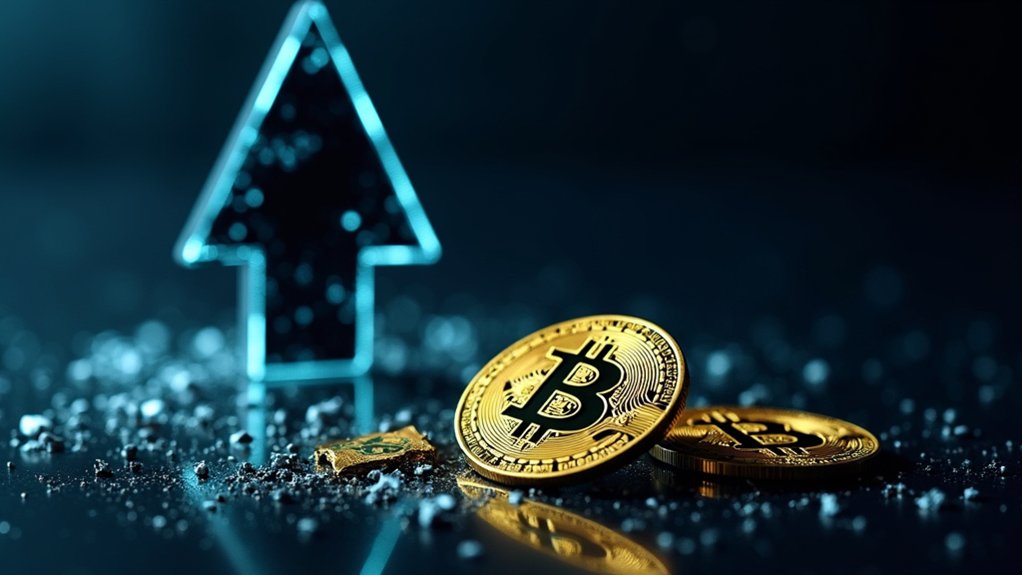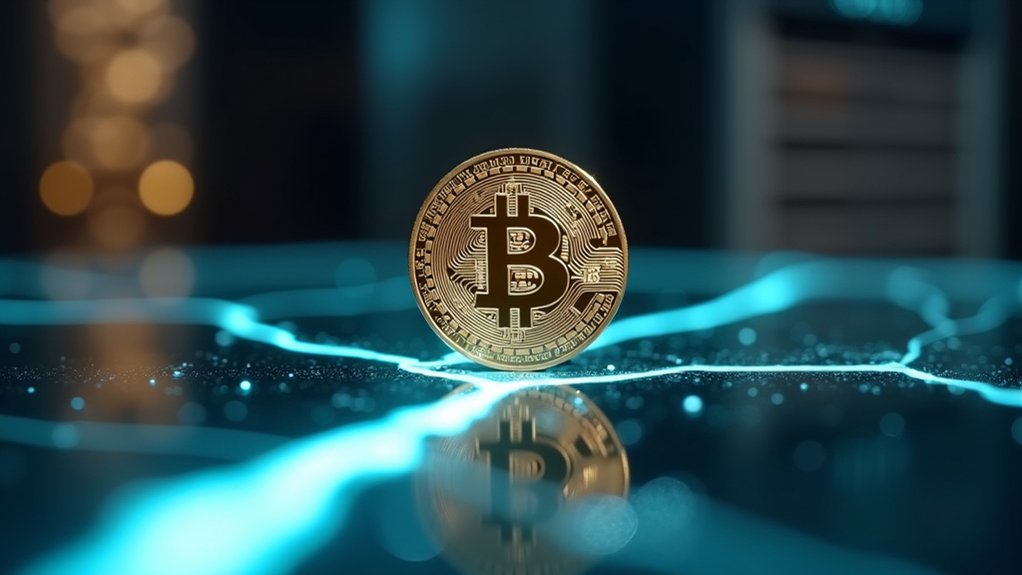While the world grapples with the volatile enigma of cryptocurrency, Pakistan has audaciously declared, in May 2025, the establishment of a government-led strategic Bitcoin reserve, thrusting itself into the contentious digital asset arena. This isn’t just a policy flip—it’s a brazen middle finger to prior bans, positioning Pakistan as the first South Asian nation to publicly stake such a claim. But let’s not pop the champagne yet; the Adoption Risks loom large, with a volatile asset like Bitcoin threatening fiscal chaos if mismanaged, while the Innovation Potential could either revolutionize or ruin a nation teetering on economic tightropes. Is this boldness or sheer recklessness?
Under Bilal Bin Saqib’s watch, head of the Pakistan Crypto Council, the reserve—meant for sovereign, long-term holding, not trading—signals a rebranding of national identity toward digital assets. The government’s vow that these Bitcoins “will never, ever be sold” sounds noble, but reeks of overconfidence. What happens when global markets tank? Managed entirely by the state, with a national Bitcoin wallet for custody, the setup screams control, yet who guarantees transparency in a system historically opaque? Add 2,000 megawatts of electricity for mining and AI data centers, and you’ve got a high-stakes gamble to lure international players—brilliant if it works, disastrous if it flops. This ambitious infrastructure push attracts Bitcoin miners with the promise of significant energy resources to support their operations. The announcement, made during the Bitcoin Vegas 2025 keynote, underscores Pakistan’s intent to lead in decentralized finance with global attention. Moreover, the massive energy allocation raises concerns about sustainability, given Bitcoin’s enormous carbon footprint and its environmental impact on an already strained grid.
With over 40 million crypto wallets and a freelancer economy hungry for decentralized finance, Pakistan’s pivot could spark fintech growth or implode under regulatory incompetence. Collaborations with heavyweights like former Binance CEO Changpeng Zhao hint at ambition, but foreign investment won’t save a flawed strategy. As a sovereign asset diversifying reserves, Bitcoin might bolster stability—or expose Pakistan to digital ruin. So, is this a visionary leap or a delusional dive? The world watches, and Pakistan better deliver.









